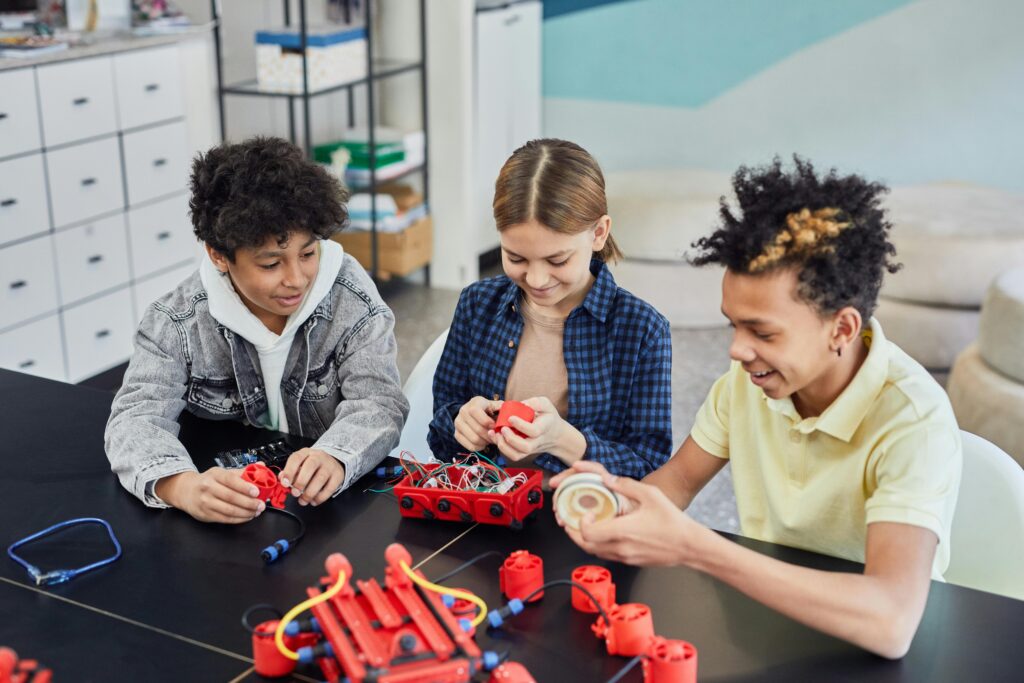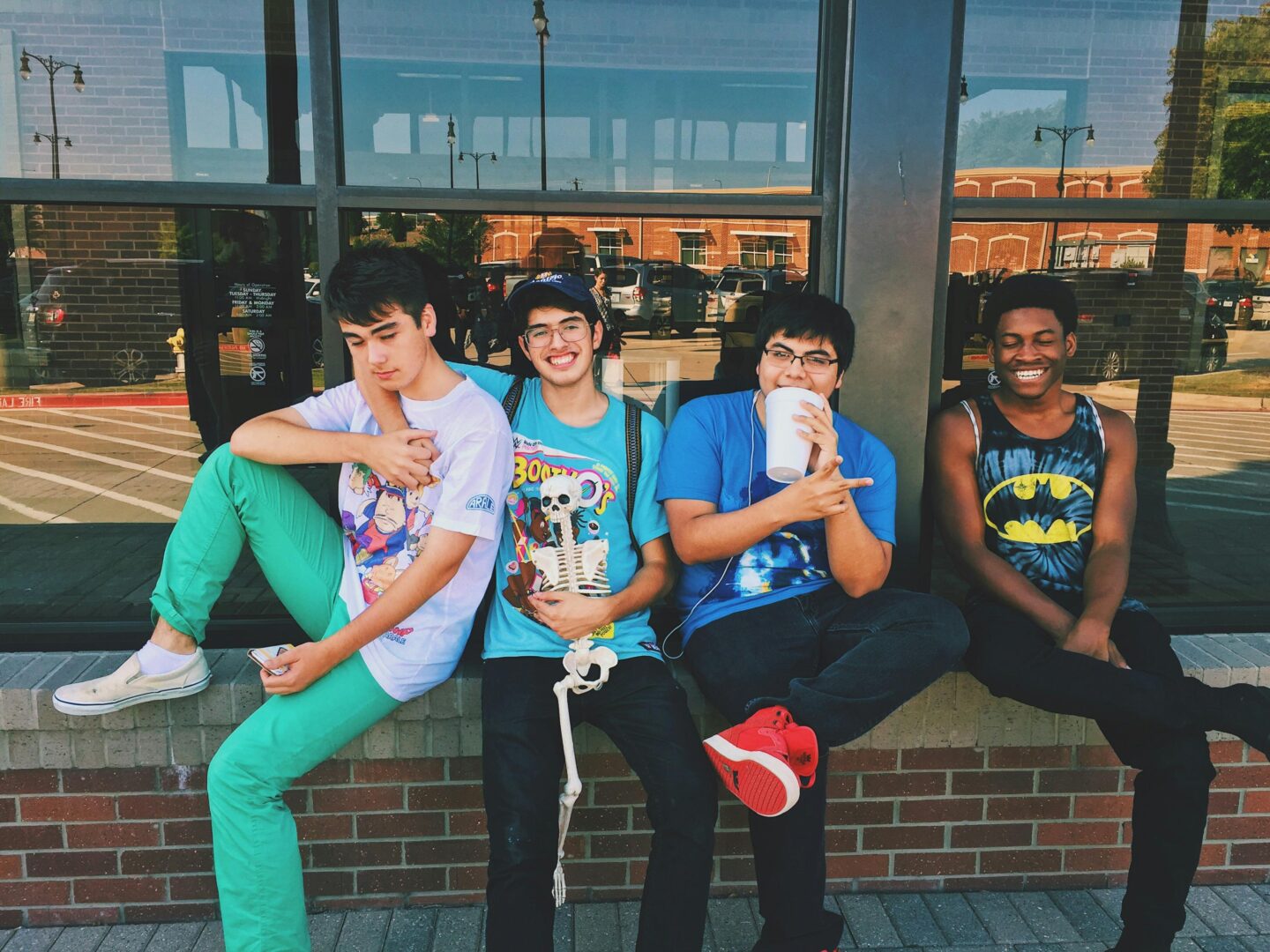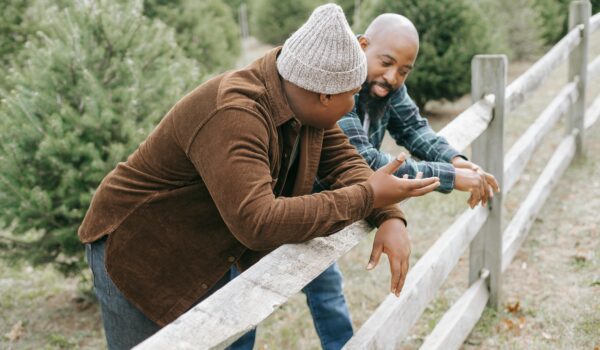As a teen, it’s normal to go through emotional ups and downs, especially during times of change and growth. But when those feelings include loneliness or disconnection, they can start to weigh heavily on your mental health. The good news? You’re not alone—and there are steps you can take to feel more connected and supported. In this post, we’ll explore what loneliness looks like, why it matters, and how you can start building meaningful relationships that last.
What Is Loneliness and Why Does It Matter?
Loneliness isn’t just about being alone—it’s about feeling disconnected or misunderstood, even in a crowd. For teens, this can stem from school pressures, changing friend groups, or just not finding people who “get” you.
Why It’s Important to Address Loneliness
Unaddressed loneliness can impact more than just your mood. It’s linked to anxiety, depression, and low self-worth. Recognizing these feelings early allows you to take control and build supportive, uplifting relationships that protect your emotional well-being.
Signs of Loneliness
Wondering if what you’re feeling is loneliness or just a passing mood? Here are a few signs to help you identify it:
Feeling Isolated Even When Surrounded by Others
Being with people but still feeling like you don’t belong.
Lack of Meaningful Friendships
Having many acquaintances but struggling to form deep, trusting connections.
Low Self-Worth or Confidence
Thinking you’re not “good enough” to be close to others or afraid they won’t accept you.
Withdrawing from Social Situations
Avoiding hangouts or isolating yourself—even when part of you wants connection.
If any of these feel familiar, it might be time to take small steps toward reconnecting.

How to Build Stronger Connections and Overcome Loneliness
Creating deeper friendships and a stronger sense of connection doesn’t happen overnight—but small, intentional changes can make a big impact.
1. Be Open to New Friendships
Join clubs or groups where you’re likely to meet people with similar interests. It gives you something to talk about and helps connections grow naturally.
Example:
“I signed up for art club this semester. I’m excited to meet people who love to create like I do.”
2. Reach Out to Others
Take the first step, even if it’s just a simple text or starting a conversation. Chances are, others are feeling the same way and will appreciate your effort.
Example:
“Hey, I really liked your presentation in class—want to grab lunch together sometime?”
3. Open Up About Your Feelings
Talk to someone you trust about how you’re feeling. It not only relieves the burden but also helps others understand and support you.
Example:
“I’ve been feeling kind of disconnected lately. Have you ever felt like that too?”
4. Focus on Quality, Not Quantity
You don’t need a huge circle of friends—just a few people who really see you and care.
Example:
“It means a lot to have someone I can really talk to, even if it’s just one or two people.”
5. Practice Self-Compassion
It’s easy to blame yourself when you feel lonely. Remind yourself you’re worthy of connection and give yourself grace.
Example:
“Feeling lonely doesn’t mean something’s wrong with me—it’s just a signal that I need more connection.”
6. Volunteer or Help Others
Serving others not only boosts your mood but helps you meet people who value kindness and connection.
Example:
“Helping at the animal shelter has introduced me to a great group of people—and it feels good to give back.”
Reaching Out for Support When You Need It
If loneliness starts to feel overwhelming, reaching out for help is a brave and important step.
Talk to a Trusted Adult
A parent, teacher, or school counselor can help guide you to resources or simply offer a listening ear.
Consider Therapy
Therapists can help you explore why you feel disconnected and give you tools to build lasting relationships.
Join A Support Groups
Sometimes talking to others who are experiencing the same things can make all the difference.
Why Connection Matters
Meaningful relationships are more than just a comfort—they’re essential to your mental health. They offer support, build confidence, and remind you that you matter. Connection helps you grow, stay grounded, and feel seen.
Ready to Build Stronger Connections?
Loneliness might feel heavy, but it doesn’t define you. Every effort you make to connect—whether it’s saying hi to someone new, opening up about your feelings, or volunteering—brings you closer to the support you need. Keep reaching out, and remember: you are worthy of love, friendship, and belonging.
If you’re feeling lonely or disconnected, we’re here to help. Contact us today to schedule a consultation with one of our compassionate therapists who specialize in supporting teens through emotional challenges.
Contact Midhues today to schedule an appointment with one of our compassionate therapists.





